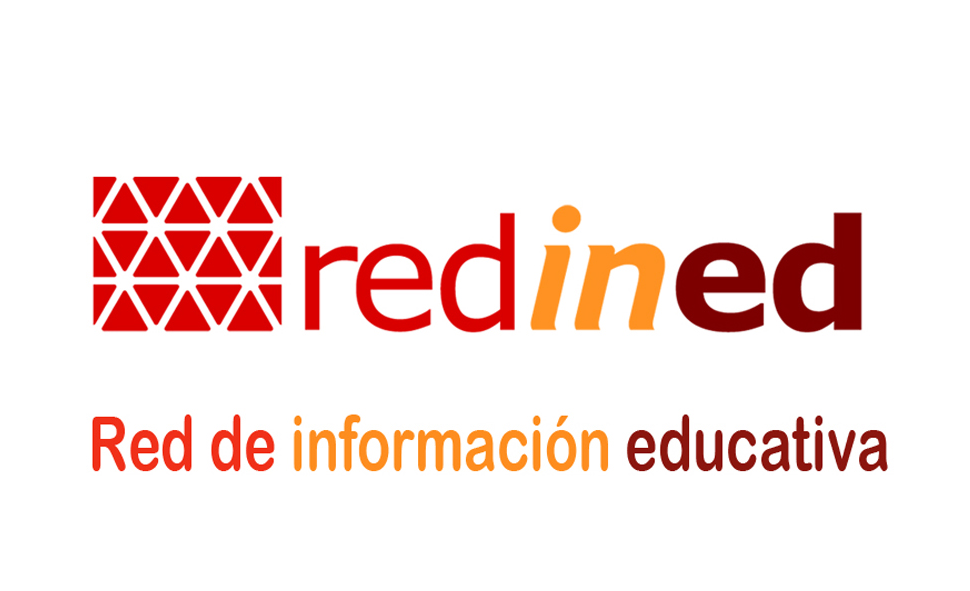Un análisis crítico de la concepción de los modelos metodológicos en la didáctica internacional del inglés : el ejemplo del ''modelo PPP''
Texto completo:
https://recyt.fecyt.es/index.php ...Ver/
Nivel Educativo:
Tipo Documental:
Artículo de revistaEstadísticas:
Ver Estadísticas de usoMetadatos:
Mostrar el registro completo del ítemAutor:
Fecha:
2024Publicado en:
Revista interuniversitaria de formación del profesorado. 2024, v. 38 (3), n. 99 ; p. 29-44Resumen:
Se analiza el tratamiento de los modelos metodológicos de organización de las unidades didácticas en Didáctica Internacional del inglés. El ejemplo tomado es el ''modelo PPP'' (Presentación - Práctica - Producción), el más implantado en los libros de texto. Este modelo promueve la ''praxeologización'', que consiste en que los profesores manipulen ellos mismos los modelos metodológicos en lugar de reproducirlos, con el fin de adaptar constantemente sus prácticas a sus entornos operativos. Se concluye con una propuesta de actividades de praxeologización en la formación inicial y continua.
Se analiza el tratamiento de los modelos metodológicos de organización de las unidades didácticas en Didáctica Internacional del inglés. El ejemplo tomado es el ''modelo PPP'' (Presentación - Práctica - Producción), el más implantado en los libros de texto. Este modelo promueve la ''praxeologización'', que consiste en que los profesores manipulen ellos mismos los modelos metodológicos en lugar de reproducirlos, con el fin de adaptar constantemente sus prácticas a sus entornos operativos. Se concluye con una propuesta de actividades de praxeologización en la formación inicial y continua.
Leer menosThe purpose of this article is to critically analyze the generally restrictive and prescriptive treatment of methodological models for organizing didactic units in International English Didactics (IED). The example taken is the ''PPP model'' (Presentation - Practice - Production), the most widely implemented in textbooks and therefore probably the most widely used by teachers of this language. Its aim is to promote the ''praxeologization'', which consists of teachers manipulating methodological models themselves at will, rather than reproducing them, so as to constantly adapt their practices to their action environments. In describing the PPP model, this article draws on the work of specialists in the IED field, and in critiquing it, on a conceptual framework whose elements are borrowed from various philosophers and epistemologists who have worked on modeling as a tool for dealing with complexity. The article concludes by emphasizing the need to develop, in the pre-service and ongoing training, the ability of foreign language teachers to carry out ''mental praxeologizations''. This would avoid reductionism and promote the didactic creativity necessary for effective language classroom practices.
The purpose of this article is to critically analyze the generally restrictive and prescriptive treatment of methodological models for organizing didactic units in International English Didactics (IED). The example taken is the ''PPP model'' (Presentation - Practice - Production), the most widely implemented in textbooks and therefore probably the most widely used by teachers of this language. Its aim is to promote the ''praxeologization'', which consists of teachers manipulating methodological models themselves at will, rather than reproducing them, so as to constantly adapt their practices to their action environments. In describing the PPP model, this article draws on the work of specialists in the IED field, and in critiquing it, on a conceptual framework whose elements are borrowed from various philosophers and epistemologists who have worked on modeling as a tool for dealing with complexity. The article concludes by emphasizing the need to develop, in the pre-service and ongoing training, the ability of foreign language teachers to carry out ''mental praxeologizations''. This would avoid reductionism and promote the didactic creativity necessary for effective language classroom practices.
Leer menos




